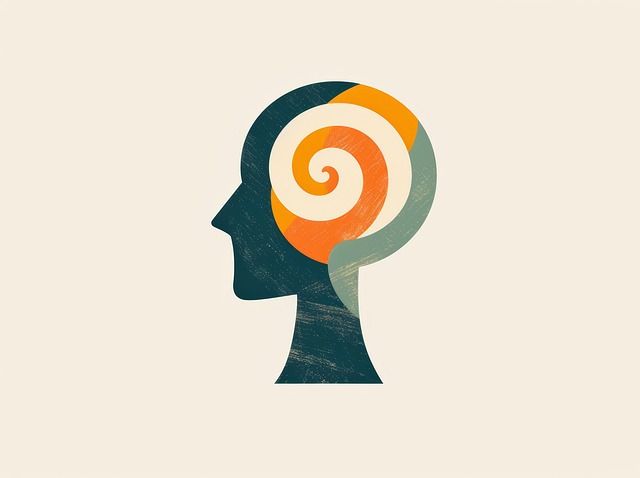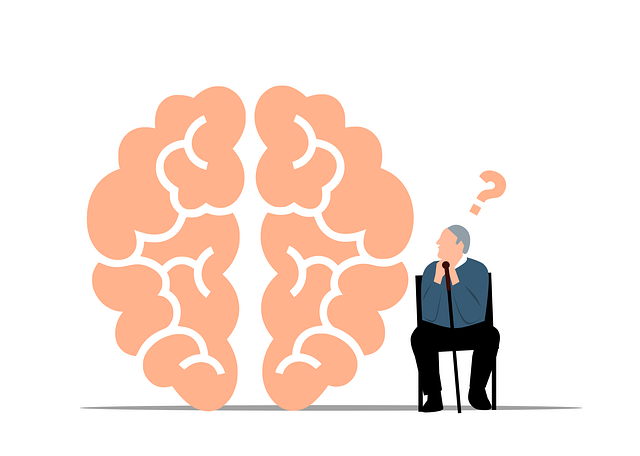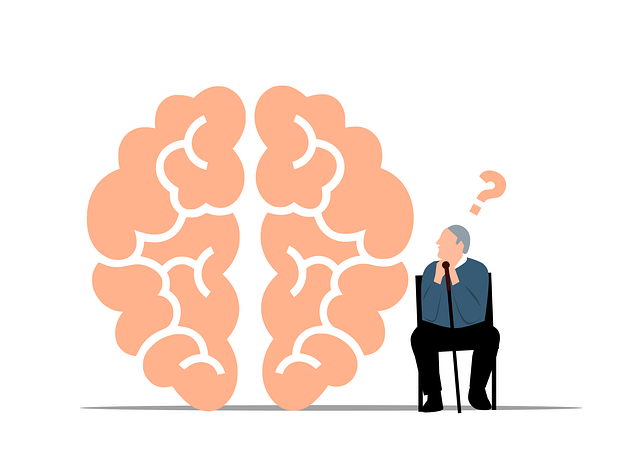Mental health data analysis is a game-changer for therapists, providing insights through self-reports, clinical assessments, and social media (with consent). Using machine learning, statistical modeling, and conflict resolution strategies, therapists can predict outcomes, personalize therapy, prevent burnout, and improve mood management. By interpreting patterns in emotional regulation and wellness trends, they refine therapeutic approaches. Ethical considerations, including confidentiality and bias awareness, are crucial. Data-driven analysis enhances patient care through personalized therapy, cultural competency, and evidence-based practices for therapy for therapists-clinicians.
“Unleash the power of data to transform mental health care! This article delves into the crucial aspects of mental health data analysis and interpretation, a game-changer for therapists and clinicians. We explore effective strategies for collecting, preparing, and analyzing complex data sets to gain profound insights. From identifying patterns to navigating ethical considerations, you’ll discover how advanced techniques can enhance clinical decision-making. Unlock the potential of data-driven therapy, revolutionizing patient outcomes.”
- Understanding Mental Health Data: Collection and Preparation
- Advanced Analytical Techniques for Insights
- Interpreting Results: Identifying Patterns and Trends
- Ethical Considerations in Data Analysis
- Enhancing Clinical Decision-Making with Data-Driven Insights
Understanding Mental Health Data: Collection and Preparation

Understanding Mental Health Data is a critical first step for Therapists and Clinicians offering therapy services. Collection involves gathering information from various sources such as patient self-reports, clinical assessments, treatment records, and even social media platforms, given informed consent and ethical considerations. This data can provide rich insights into individuals’ mental wellness journeys, encompassing symptoms, coping mechanisms, and treatment responses.
Preparation of this data for analysis requires meticulous care. It involves cleaning the data to ensure accuracy and consistency, addressing missing values, and codifying qualitative information. Standardized measures and tools are often employed to facilitate comparison across different patients and therapists, enhancing the reliability and validity of subsequent analyses. This rigorous preparation paves the way for insightful interpretations that can guide therapy strategies and personalize care within the Mental Wellness Podcast Series Production context, ultimately contributing to improved Mood Management outcomes for clients.
Advanced Analytical Techniques for Insights

In the realm of mental health data analysis, advanced analytical techniques offer Therapists and Clinicians a powerful toolkit to gain valuable insights from patient information. By employing sophisticated methods such as machine learning algorithms and statistical modeling, professionals can identify patterns, predict outcomes, and tailor therapy for individual needs. These strategies not only enhance treatment effectiveness but also play a crucial role in Burnout Prevention Strategies for Healthcare Providers, ensuring they stay resilient in their roles.
Furthermore, the integration of Conflict Resolution Techniques within these analytical processes can mitigate challenges often faced by healthcare providers. For instance, understanding the root causes of conflicts through data-driven methods allows Therapists to develop more effective interventions, fostering better relationships with clients and improving overall service delivery. Even Community Outreach Program Implementation can be optimized through data analysis, helping to identify gaps in services and tailor programs for maximum community impact.
Interpreting Results: Identifying Patterns and Trends

When analyzing mental health data collected from therapy sessions or self-reported surveys, the goal shifts from mere data collection to interpreting results that can offer valuable insights. Therapists and clinicians must look beyond individual cases to identify recurring patterns and trends within the dataset. This involves careful examination of emotional regulation strategies, emotional healing processes, and changes in mental wellness over time. By engaging in Mental Wellness Journaling Exercise Guidance, professionals can uncover common themes and unique journeys, allowing them to refine their therapeutic approaches.
Recognizing these patterns may lead to evidence-based adjustments in therapy for therapists-clinicians, ensuring more personalized and effective treatment plans. For example, a trend indicating the success of specific emotional regulation techniques could guide clinical decision-making, enhancing the overall quality of care provided. This interpretative phase is crucial for understanding not just individual cases but also for informing best practices in the field, ultimately fostering better Emotional Healing Processes.
Ethical Considerations in Data Analysis

In the realm of mental health data analysis and interpretation, therapists-clinicians must navigate a complex web of ethical considerations. As they delve into clients’ personal information, it’s crucial to prioritize confidentiality, ensuring that all data is handled with utmost discretion. This involves implementing robust security measures to safeguard sensitive details from unauthorized access or disclosure, a step vital for fostering trust between therapist and client.
Moreover, the potential for bias and discrimination looms large in any data-driven process. Therapists must remain vigilant against unconsciously influencing their analyses or interpretations based on personal preconceptions. This calls for continuous self-reflection and cultural competence, especially when dealing with diverse populations, to ensure fair and equitable care. Incorporating strategies aimed at Mental Illness Stigma Reduction Efforts, such as promoting Coping Skills Development and Empathy Building Strategies, further strengthens the therapeutic process, ultimately enhancing client outcomes.
Enhancing Clinical Decision-Making with Data-Driven Insights

In today’s digital era, mental health data analysis has emerged as a powerful tool to enhance clinical decision-making for therapists and clinicians. By leveraging data-driven insights, healthcare providers can gain valuable perspectives into their patients’ journeys, identifying patterns and trends that may otherwise go unnoticed. This approach allows for more personalized therapy sessions tailored to each individual’s unique needs. For instance, analyzing patient outcomes over time can reveal effective treatment modalities, enabling therapists to adapt their practices and improve therapeutic results.
Moreover, data analysis facilitates the development of evidence-based strategies, such as enhancing emotional regulation techniques or incorporating resilience-building activities, which are particularly beneficial for diverse patient populations. With the right tools, therapists can navigate complex cases more effectively, ensuring they provide the best possible care. This not only improves patient outcomes but also fosters a more holistic approach to therapy, addressing cultural competencies and promoting better mental health services.
Mental health data analysis is a powerful tool for therapists and clinicians, enabling evidence-based practice and personalized treatment. By understanding complex data sets and applying advanced analytical techniques, professionals can uncover valuable insights to improve patient outcomes. Through ethical interpretation of results, they can identify patterns leading to more effective interventions, ultimately enhancing the quality of therapy for both clients and practitioners. This data-driven approach is a game-changer in mental health care, fostering better-informed decisions and, consequently, more successful treatment journeys.








